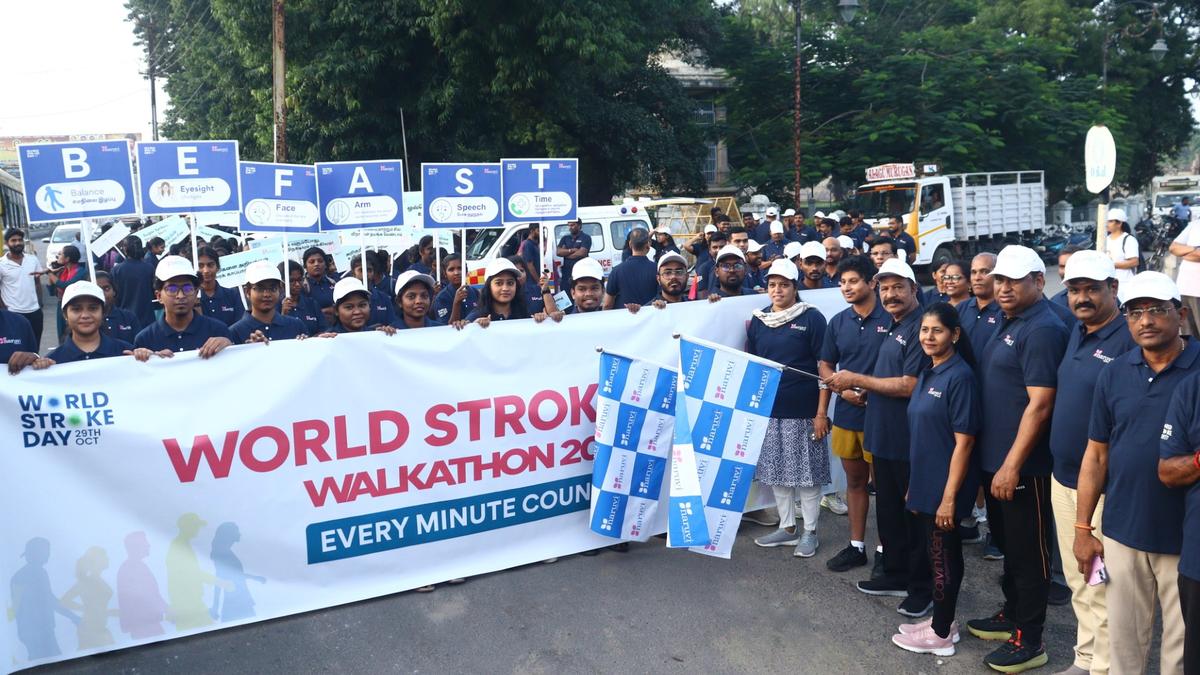Copyright manilatimes

DECADES of hard work should lead to security and joy, yet for many Gen X Filipinos, retirement may arrive with worry instead of freedom. Born between 1965 and 1980, this generation has watched their parents — the Baby Boomers — step into retirement. Some admired the stability of pensions and fully paid homes, while others couldn’t help but wonder if they would ever enjoy the same peace of mind.Now, it’s their turn. And time is running out.In less than a decade, the oldest Gen Xers will be in their late 50s and early 60s. Many are still paying tuition, mortgages or loans, but retirement is no longer a faraway dream, it’s the next major life chapter.Just ask Ramon and Tess, two faces of what that chapter can look like.Ramon, 65, lives quietly in Tagaytay with his wife, Aster. After four decades in a corporate job in Makati, he now spends mornings tending his garden and sipping coffee overlooking Taal Lake. Twice a year, they travel — sometimes locally, sometimes abroad. Their modest home is fully paid and his pension, investments and a condo rental provide steady income. They set aside funds for health care emergencies.“It’s not about luxury,” Ramon says with a smile. “It’s about not worrying. The years have settled just right.”Tess’ mornings, however, feel very different.She retired at 60 after decades of work. But without enough savings, she rents a small apartment in Pasig and partly lives off her SSS pension, barely P10,000 a month, plus occasional help from her children. Her medicine alone costs P3,000 monthly. Sometimes, Tess skips social gatherings to save on transport and meals. She watches travel vlogs and tells herself, “Maybe in another life.”“I thought retirement would be restful,” she admits softly. “But it’s been uncertain. I just wish I started saving earlier.”Ramon and Tess’ stories reveal the widening gap among retirees, between those who planned and those who postponed. Both worked hard, but the difference came down to when and how they prepared.Gen Xers grew up between two worlds, from Betamax and landlines to smartphones and online banking. They’re practical, resilient and family-oriented, shaped by political change, financial crises and rapid modernization.According to the Philippine Statistics Authority, around 17 to 18 million Filipinos were born between 1965 and 1980 — roughly one-sixth of the population. Many are still in the workforce, often at the peak of their careers. But in 15 years or less, most will reach retirement age.In the 2024 Insular Life Retirement Index, Gen X Filipinos scored 54 out of 100 in retirement readiness, far below what’s considered financially secure. Most have savings that could last only a few years. Yet, retirement can span 20 years or more.The warning is clear: Gen X is next in line for retirement, and the clock is ticking.Many began saving seriously only in their 40s or 50s, after raising children or paying for parents’ medical bills. With fewer working years left, they’ve lost precious time for compounding growth. The average SSS pension ranges between P5,000 and P15,000 per month — barely enough for rent, food and health care. Clearly, pension alone cannot sustain retirement.Gen Xers are also caught between two generations, supporting aging parents while helping children find their footing. That emotional and financial pull often delays saving for themselves.With inflation around 2 percent to 4 percent, money in low-interest accounts loses value over time. Still, many remain risk-averse, wary of stocks or mutual funds. Meanwhile, health care inflation is three times that of consumer inflation, making medical bills one of the biggest threats to retirees’ budgets. A single hospitalization can wipe out years of savings.But, it’s not too late. Many Gen Xers have 10 to 15 working years left, enough time to make meaningful progress when they act decisively.Start by bringing clarity. Define the lifestyle you want in retirement — where you’ll live, how you’ll spend your time and what comforts you’d like to keep. Estimate how much monthly income you’ll need to sustain that lifestyle. List your assets, liabilities and income sources such as savings, SSS, rentals or small business. This process helps you see the full picture, including the gap between what you have and what you’ll need.Next, strengthen your savings. Increase contributions to Pag-IBIG MP2 or voluntary SSS savings. Explore mutual funds, UITFs or insurance-linked retirement plans.Reduce debt. Focus on paying off credit card balances and personal loans first. Best to finish paying the home loan before retirement. Live within your means.Health is wealth, especially in retirement. Prevention, through regular checkups and an active lifestyle, is one of the best financial strategies. Build a separate fund for medical needs and emergencies.Finally, talk about it. Have open conversations with your spouse, children and parents. Discuss expectations around financial support and care. Transparency today builds harmony and prevents stress later on. Talk to a financial advisor for guidance.The gap between Ramon’s peace and Tess’ worry isn’t luck, it’s preparation. Ramon started small and early, consistently saving part of every paycheck. Tess believed she’d “save later,” until later came too soon.Gen Xers stand at a crossroads: one path leads to freedom, the other to fear.In a few years, this generation will begin retiring en masse. For some, it will mean a well-deserved rest. For others, it may mean continuing to work out of necessity. But Gen Xers are known for resilience. They’ve endured economic recessions, political shifts and technological revolutions. They’ve supported families through sacrifice and determination. That same grit can still rewrite their financial story.Retirement doesn’t have to be a cliff; it can be a bridge if they start building it today. No one else will secure your retirement for you — not your employer, not the government, not even your children.But you still have time to do it yourself. The window is closing, though. Every peso saved, every debt paid, every smart investment made today brings you closer to the retirement you deserve.So, start now, because someday, when you wake up at 65, you’ll want to say, like Ramon, “the years have settled just right.”



